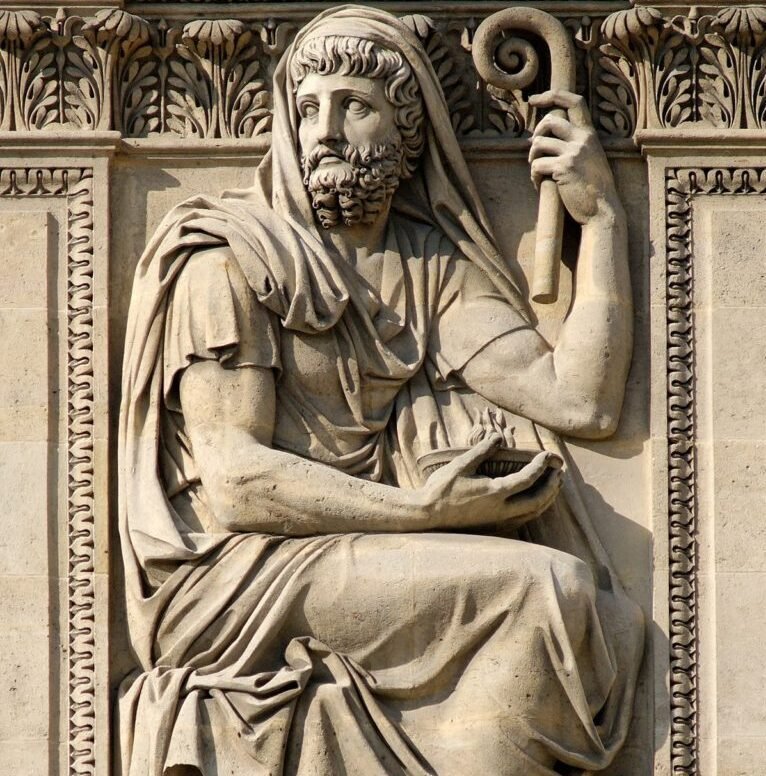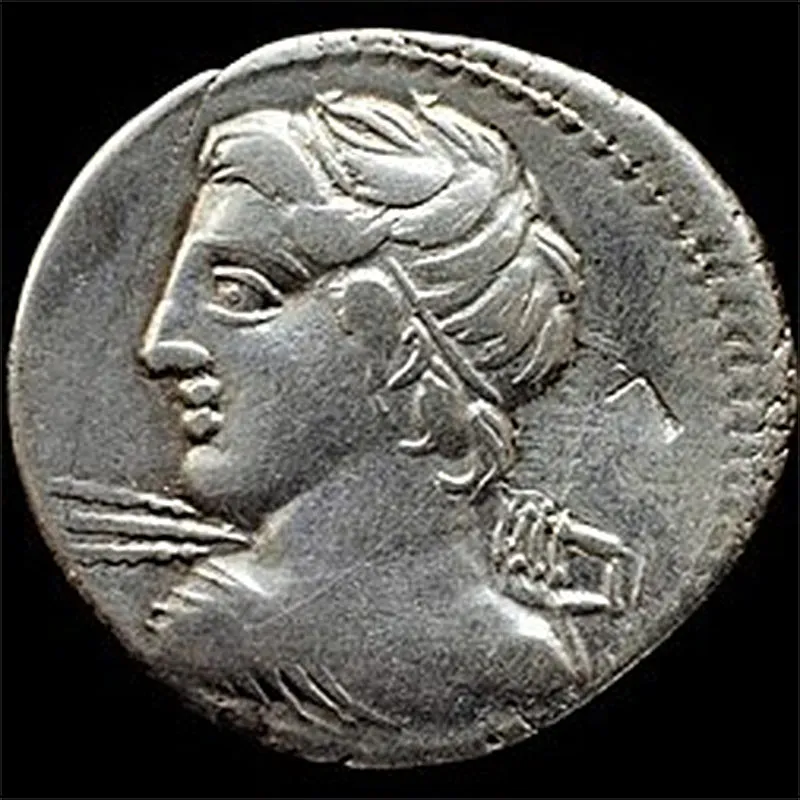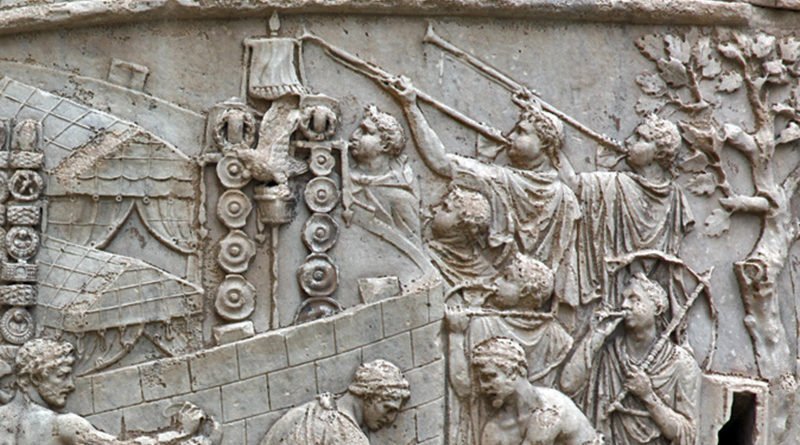Chronos, Kairos and Aion are the three deities of time, events and epic destinies. Here is the multi-religious and multicultural calendar!
Find us on our website Mythology and Legend, on Facebook and on instagram !

The schedule in brief from D-2 to D+5
The complete interactive calendar
Holidays of the month
May 1, 2025 (2 events)
May 1, 2025

On this day, the Romans celebrated Bona Dea. She was a goddess in ancient Roman religion. She was associated with the chastity and fertility of Roman women, healing and protection of the state and people of Rome. Its rites allowed women to use strong wine and blood sacrifice, things otherwise forbidden to them by Roman tradition. #mythology #myth #legend #calendar #romeantique #rome #bonadea #1May #3December
May 1, 2025

Today, the North Slavic peoples celebrate Dziady. This communion of the living with the dead takes place twice a year. The rituals have been Christianized to become All Saints Day. #mythology #myth #legend #calendar #1st May #31October #dziady
May 2, 2025 (1 event)
May 2, 2025

Today, East Slavic peoples celebrate Dziady in honor of their ancestors. The essence of the rituals was the "communion of the living with the dead", namely the establishment of relationships with the souls of ancestors, periodically returning to their seats from the times of their life. #mythology #myth #legend #calendar #2May #November 1 #Dziady
May 6, 2025 (2 events)
May 6, 2025

Today, the South Slavic peoples celebrate Đurđevdan, Saint George's Day in the Orthodox calendar. This festival replaces the pagan rituals of the return of Spring. These rituals mainly consisted of grazing of sheep, ritual slaughter of a lamb, preparation of various dishes, ritual bathing in the river or springs, lighting of bright fires, decoration of greenery and flowers and conducting love spells. #mythology #myth #legend #calendar #6May #Durdevdan #Balkans
May 6, 2025

Today, the Gorans people (in the Balkans) are in the spotlight. This is the opportunity for these people who became Sunnis under the Ottomans to show the world that they deserve their reputation as the best pastry chefs and bakers! #mythology #myth #legend #calendar #6May #Gorans #Gorani #Balkan
May 9, 2025 (1 event)
May 9, 2025

On this day, the Romans celebrated Lemuria. They paid homage to the dead and exorcised malevolent ghosts from their homes. The rites took place during the night, around midnight. #mythology #myth #legend #calendar #May 9 #May 11 #May 13 #rome #lemuria
May 15, 2025 (1 event)
May 15, 2025

On this day, the Romans celebrated the Mercuralia. Mercury is the god of merchants and commerce. Merchants sprinkled their heads, their ships, their goods and their businesses with water taken from the well of Porta Capena. #mythology #myth #legend #calendar #rome #May 15 #mercuralia
May 21, 2025 (2 events)
May 21, 2025

On this day, the Romans celebrate an Agonium. Rites of early Rome, there are few sources describing the customs. Four Agonalia take place during a year. #mythology #myth #legend #calendar #9January #21May #17March #11December #agonalia #rome
May 21, 2025

On this day, the Romans celebrated Vejovis, a god of Etruscan origin. A goat was sacrificed in his Capitol temple to prevent epidemics. There are few sources of early Roman ritual. #mythology #myth #legend #calendar #May 21 #Rome #Vejovis #Capitole
May 23, 2025 (1 event)
May 23, 2025

On this day, the Romans celebrate the Tubilustium. The month of March marked the beginning of the war season. The lustration ceremony accompanied by the sacred trumpets and the Saliens prepared the men and the city for future military campaigns. #mythology #myth #legend #calendar #March 23 #May 23 #rome #tubilustrium
May 26, 2025 (1 event)
May 26, 2025

Today Latvians celebrate Urbanas Diena. The date was considered the most blessed day for planting oats, barley, flax and cucumbers. #mythology #myth #legend #calendar #May 26 #Latvia #UrbanasDiena
Multicultural and multi-religious almanac
An almanac is a calendar showing the main dates of the calendar, the religious holidays, bearing ephemerides such as the phases of the moon or the duration of the days (lunar and solar calendars).
A calendar is a system for marking dates according to time. Such a system was invented by men to divide and organize time over long periods. The observation of the periodic phenomena of the environment in which they lived — such as the daily movement of the shadow, the return of the seasons or the lunar cycle — served as the first references for organizing the agricultural, social and religious life of societies.
The calendar used today in most of the world is the Gregorian calendar. In everyday language, an ephemeris designates what happens daily; the ephemeris of the day is the list of the significant events of this day.